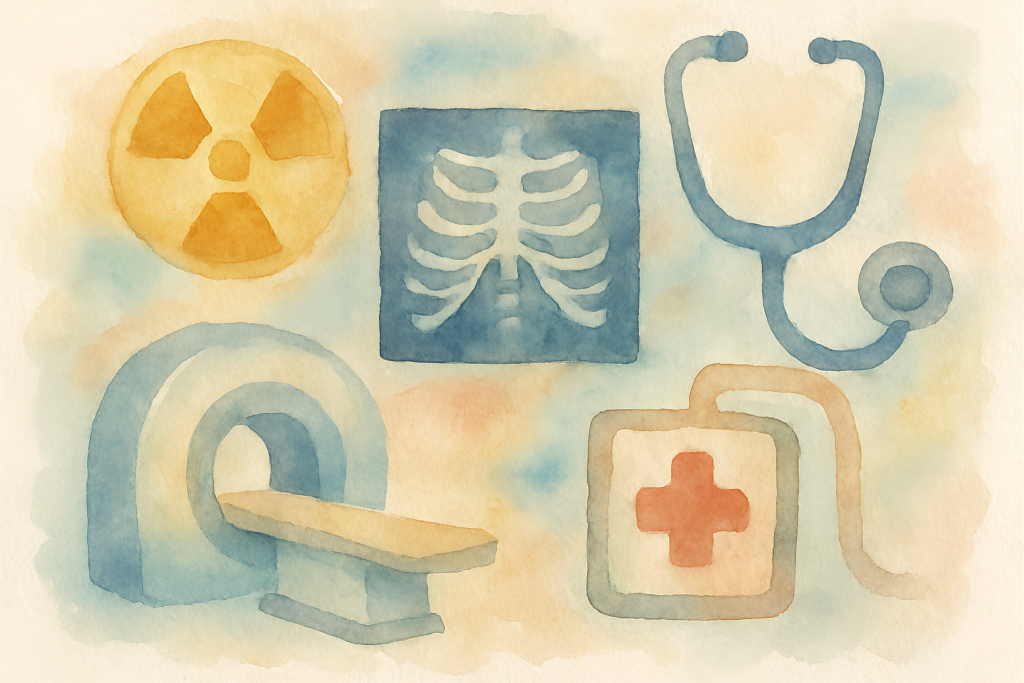

Oct. 1, 2016 brought a very large update to our ICD-10-CM coding system, as everyone is well aware. There were many new codes. Codes that existed in the previous system but lacked specificity were deleted and new codes with much higher levels of detail were added for us.
Many of the conditions that physicians treated that were missing laterality were changed to add it, and many that were missing a bilateral option had that added into the coding system as well.
Overall, the code changes brought many of the missing condition codes we were hoping for – for example, we were all glad to see codes for overexertion restored.
But with these codes came new rounds of rejections. Some policies no longer matched up with the diagnosis codes. These policies mismatched correct diagnosis codes that should have been associated with the clinical condition found in the policies, creating financial distress and frustration in many of our practices.
These issues took months for most practices to get worked out. In ophthalmology, we were hit pretty hard. The new combination codes for diabetic ophthalmology conditions didn’t match up with current medical policies. I started to get a lot of calls from not only medical practices, but also from other organizations whose members were experiencing denials. The first question everyone asks is: what am I supposed to do? Most claims were reprocessed without additional work from the practice, but it caused significant revenue stream issues. And it left physicians feeling jaded. If they had just defaulted to unspecified codes, they would not have seen many of the issues.
It’s hard to have a conversation with a practice when you must say, “code to the highest level of specificity, even though right now you won’t get paid for it,” when everyone involved wants to get paid quickly. And many don’t know who to turn to in order to get their problem resolved.
There were some practices that simply thought they could no longer get paid for some services. That’s extremely harmful to a practice, many of which are without certain resources or skills that could help them determine what to do next. But my advice is this: please don’t ignore it or write it off! Follow these steps for help:
If there have been no changes and the diagnosis is missed in the policy but should clinically be there, reach out to the relevant payer so that it can investigate and make changes. This is a good time to employ your specialty society or your state medical society to help as well.
For example, in one ophthalmology policy, cancer of the left eye was included, but the right eye was missed in the policy. This is an error that can be quickly identified and fixed.
The problem becomes the amount of time it takes to then get payment. Sometimes it can be 90 days or more, which for some specialties can be very problematic if you are seeing large numbers of patients with insurance. The key to diminishing the impact is quick detection; make sure you have someone watching your acknowledgment reports on claim submissions. It is always your first line of defense.
Another strategy is to watch for the draft policies that are out for review. If it is going to affect your practice, then you should be sure to review so you can find and fix any potential problems before the policy becomes final.



Please log in to your account to comment on this article.

Sepsis sequencing continues to challenge even experienced coding and CDI professionals, with evolving guidelines, documentation gaps, and payer scrutiny driving denials and data inconsistencies. In this webcast, Payal Sinha, MBA, RHIA, CCDS, CDIP, CCS, CCS-P, CCDS-O, CRC, CRCR, provides clear guideline-based strategies to accurately code sepsis, severe sepsis, and septic shock, assign POA indicators, clarify the relationship between infection and organ dysfunction, and align documentation across teams. Attendees will gain practical tools to strengthen audit defensibility, improve first-pass accuracy, support appeal success, reduce denials, and ensure accurate quality reporting, empowering organizations to achieve consistent, compliant sepsis coding outcomes.

Expert presenters Kathy Pride, RHIT, CPC, CCS-P, CPMA, and Brandi Russell, RHIA, CCS, COC, CPMA, break down complex fracture care coding rules, walk through correct modifier application (-25, -57, 54, 55), and clarify sequencing for initial and subsequent encounters. Attendees will gain the practical knowledge needed to submit clean claims, ensure compliance, and stay one step ahead of payer audits in 2026.

Accurately determining the principal diagnosis is critical for compliant billing, appropriate reimbursement, and valid quality reporting — yet it remains one of the most subjective and error-prone areas in inpatient coding. In this expert-led session, Cheryl Ericson, RN, MS, CCDS, CDIP, demystifies the complexities of principal diagnosis assignment, bridging the gap between coding rules and clinical reality. Learn how to strengthen your organization’s coding accuracy, reduce denials, and ensure your documentation supports true medical necessity.

Denials continue to delay reimbursement, increase administrative burden, and threaten financial stability across healthcare organizations. This essential webcast tackles the root causes—rising payer scrutiny, fragmented workflows, inconsistent documentation, and underused analytics—and offers proven, data-driven strategies to prevent and overturn denials. Attendees will gain practical tools to strengthen documentation and coding accuracy, engage clinicians effectively, and leverage predictive analytics and AI to identify risks before they impact revenue. Through real-world case examples and actionable guidance, this session empowers coding, CDI, and revenue cycle professionals to shift from reactive appeals to proactive denial prevention and revenue protection.

In this timely session, Stacey Shillito, CDIP, CPMA, CCS, CCS-P, CPEDC, COPC, breaks down the complexities of Medical Decision Making (MDM) documentation so providers can confidently capture the true complexity of their care. Attendees will learn practical, efficient strategies to ensure documentation aligns with current E/M guidelines, supports accurate coding, and reduces audit risk, all without adding to charting time.

Join Ronald Hirsch, MD, FACP, CHCQM for The PEPPER Returns – Risk and Opportunity at Your Fingertips, a practical webcast that demystifies the PEPPER and shows you how to turn complex claims data into actionable insights. Dr. Hirsch will explain how to interpret key measures, identify compliance risks, uncover missed revenue opportunities, and understand new updates in the PEPPER, all to help your organization stay ahead of audits and use this powerful data proactively.

Stay ahead of the 2026-2027 audit surge with “Top 10 Audit Targets for 2026-2027 for Hospitals & Physicians: Protect Your Revenue,” a high-impact webcast led by Michael Calahan, PA, MBA. This concise session gives hospitals and physicians clear insight into the most likely federal audit targets, such as E/M services, split/shared and critical care, observation and admissions, device credits, and Two-Midnight Rule changes, and shows how to tighten documentation, coding, and internal processes to reduce denials, recoupments, and penalties. Attendees walk away with practical best practices to protect revenue, strengthen compliance, and better prepare their teams for inevitable audits.

As AI reshapes healthcare compliance, the risk of biased outputs and opaque decision-making grows. This webcast, led by Frank Cohen, delivers a practical Four-Pillar Governance Framework—Transparency, Accountability, Fairness, and Explainability—to help you govern AI-driven claim auditing with confidence. Learn how to identify and mitigate bias, implement robust human oversight, and document defensible AI review processes that regulators and auditors will accept. Discover concrete remedies, from rotation protocols to uncertainty scoring, and actionable steps to evaluate vendors before contracts are signed. In a regulatory landscape that moves faster than ever, gain the tools to stay compliant, defend your processes, and reduce liability while maintaining operational effectiveness.
Prepare for the 2025 CMS IPPS Final Rule with ICD10monitor’s IPPSPalooza! Click HERE to learn more
Get 15% OFF on all educational webcasts at ICD10monitor with code JULYFOURTH24 until July 4, 2024—start learning today!
CYBER WEEK IS HERE! Don’t miss your chance to get 20% off now until Dec. 1 with code CYBER25
CYBER WEEK IS HERE! Don’t miss your chance to get 20% off now until Dec. 2 with code CYBER24